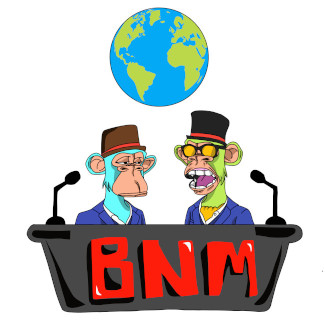gaming
Telegram Game ‘Hamster Kombat’ Claims Explosive Growth, Topping 150 Million Players
Published
2 weeks agoon
By
admin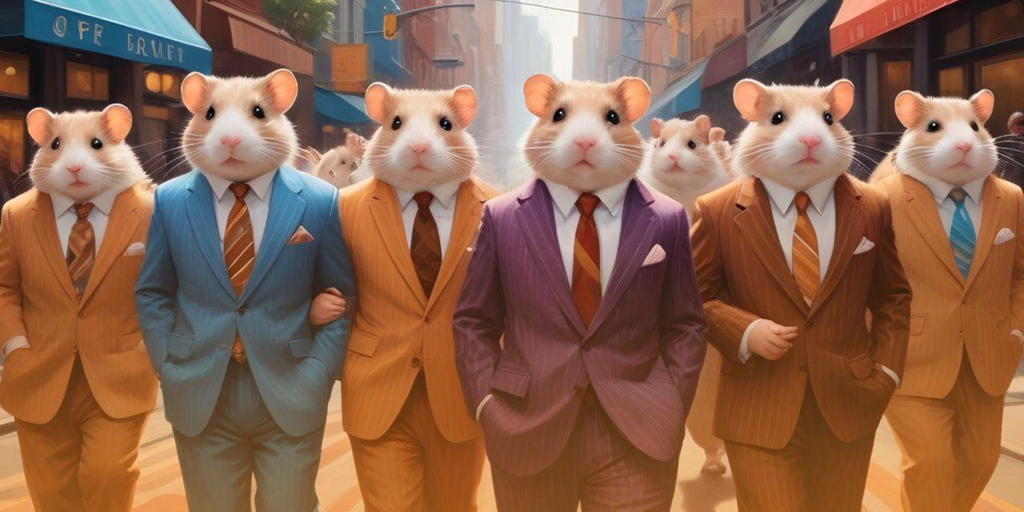
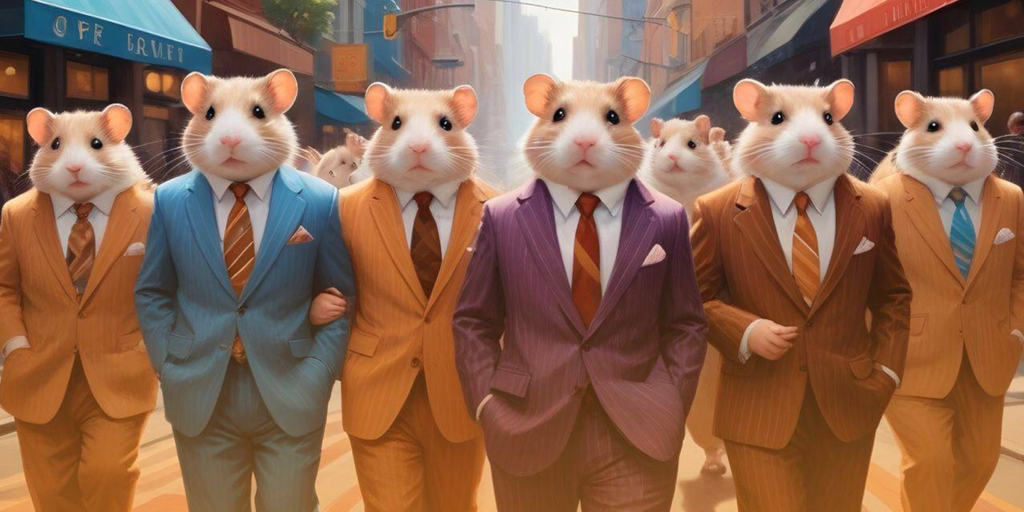
Telegram-based crypto gaming sensation Hamster Kombat claimed on Friday that it now has a player base larger than the population of Russia—over 150 million players.
That growth constitutes a 50% surge from just last week, when the game’s developers said they crossed the 100 million user mark. For some context, that would mean that almost one in five Telegram users have signed up for the game, which incentivizes players to grow a hamster’s imaginary crypto exchange by dangling real crypto rewards.
Those rewards will come in the form of an eventual token airdrop to players who have accumulated points within the game—which exists as a mini-app within Telegram, the popular messaging app, and doesn’t require any additional downloads. Last week, a Hamster Kombat team member hinted that the airdrop is currently planned for July.
It’s undeniable that the game is attracting huge amounts of interest within Telegram. Hamster Kombat’s announcements channel in Telegram is far and away the app’s most popular channel, with over 35 million subscribers.
The game’s YouTube channel currently boasts some 23 million subscribers, and its Twitter account has 7.7 million followers. Each account’s following has grown substantially even within the last week.
Hamster Kombat’s success has largely been fueled by that of its spiritual predecessor, Notcoin, another crypto-backed in-app Telegram game that won loyal devotees with a lucrative token airdrop to players.
Notcoin’s airdrop launched on May 16 to much fanfare; the token, NOT, has only grown in value since then, breaking past a $2 billion market capitalization last week. NOT is currently one of the top 60 cryptocurrencies by market cap, according to CoinGecko.
Toncoin, the native token of The Open Network (TON), Telegram’s favored blockchain, appears to have benefited from Hamster Kombat’s success as well. The token hit an all-time high price of $8.13 on Friday. It’s up over 26% in the last two weeks.
The flourishing first of Notcoin, and now of Hamster Kombat, appears to have attracted additional would-be successors. Yesterday, two additional Telegram-based games with token airdrop ambitions—Tapswap and Yescoin—announced plans to soon launch on TON.
Edited by Andrew Hayward
GG Newsletter
Get the latest web3 gaming news, hear directly from gaming studios and influencers covering the space, and receive power-ups from our partners.
Source link
You may like


Bitcoin Weekend Trading Volumes Plunge To Record Lows
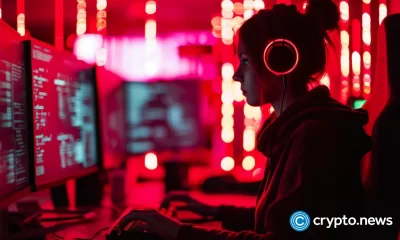

Exclusive: Savl’s COO on new frontiers of KYC


Binance Warns Of Delisting These Tokens, Price Drop Ahead?
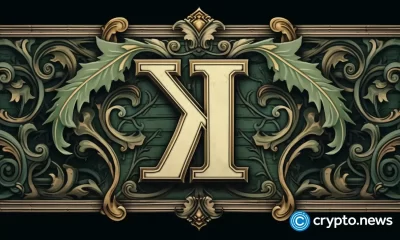

Top cryptocurrencies to watch this week: MOG, KAS, FET


CurveDAO (CRV) Nears All-Time Low Following Whale Deposit to Binance: On-Chain Data


Japanese Tech Giant Sony Enters Crypto Exchange Business With This Acquisition
gaming
This Week in Crypto Games: Dr. Disrespect Dumped, Pixelverse and Catizen Tokens, Notcoin ‘Fresh Start’
Published
9 hours agoon
July 1, 2024By
admin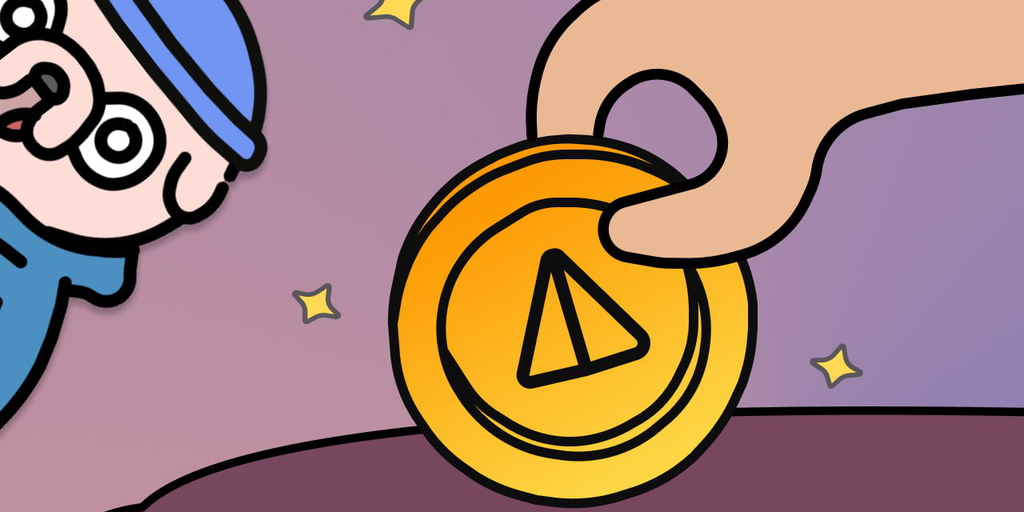
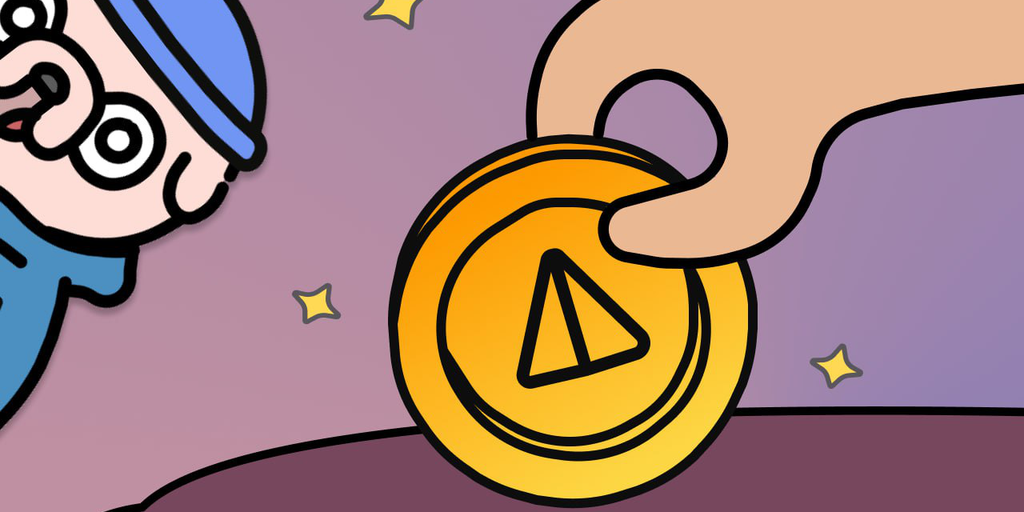
The crypto and NFT gaming space is busier than ever lately, what with prominent games starting to release, token airdrops piling up, and a seemingly constant array of other things happening at all times. It’s a lot to take in!
Luckily, Decrypt’s GG is all over it. And if you need a quick way to get caught up on the latest moves around crypto video games, we’re happy to present This Week in Crypto Games.
Our weekend roundup serves up the biggest news from the past week, along with a few other tidbits you might have missed. We also showcase a few of our original stories from the week.
Biggest news
Dr. Disrespect: Midnight Society, the studio building the first-person shooter game Deadrop, announced Monday that it dropped co-founder and popular streamer Dr. Disrespect (aka Guy Beahm) following tweeted allegations over why he had been banned from streaming platform Twitch. Beahm later admitted to having conversations with a minor that “leaned too much in the direction of being inappropriate,” although he claimed that “nothing illegal happened.”
The studio’s move led fans to speculate over the future of Midnight Society and Deadrop. Some immediately suggested that the game was now “dead in the water,” while others believe the game can survive if it continues to focus on expanding and upgrading the core game loop. Speculation continues to grow with little word from the Midnight Society camp.
More Telegram tokens: Telegram-based games are the biggest thing happening in crypto gaming right now, and two more notable games made their token plans clearer last week. Pixelverse, a cyberpunk-themed gaming ecosystem that has a rising Telegram combat game called PixelTap, announced Friday that it will launch its token on The Open Network (TON)—the same network as Notcoin and the upcoming Hamster Kombat token.
Meanwhile, another hot Telegram game called Catizen—a puzzle matching game with cartoon cats—announced over the weekend that its TON token drop is planned for July. That’s right around the corner!
Notcoin fresh start: Viral Telegram game Notcoin has teased a “fresh start” amid a campaign that will see approximately $8 million worth of NOT tokens either burned or given out to the community. On Tuesday, $3 million worth of unclaimed NOT tokens were burned, with an additional $5 million to be distributed as “bonuses” to the community.
Soon after, some type of new beginning was teased in the official Notcoin Telegram channel. While everything is still unclear, it appears to relate to TON NFT collection Lost Dogs Co, after following breadcrumbs left by the Notcoin team. This may have something to do with Notcoin’s goal of becoming “the Netflix of social, viral games.”
MetalCore token: Studio369, the developer behind the sci-fi mech shooter MetalCore, launched its Ethereum token this week alongside the third phase of its closed beta, introducing new gameplay modes and economic features to the blockchain-based game.
On Thursday, MetalCore’s Closed Beta 3 (CB3) started featuring session-based PvP esports competitions, including Domination, Capture the Flag, and High-Value Target modes. Then on Friday, Studio369 conducted the token generation event for its MCG token across Ethereum’s mainnet and Immutable zkEVM, the layer-2 scaling network that MetalCore is being built on.
Worldwide Webb rebrands: Worldwide Webb, a retro-style Ethereum NFT game, announced last week that it is rebranding to Soulbound as it embraces a new sci-fi narrative path forward. Soulbound is a roguelite game that challenges players to clear dungeons full of enemies while trying different tactics and character builds.
At the same time, Soulbound announced that it’s building the game to be playable within popular gaming chat app Discord, after winning in the Discord App Pitches 2024 competition.
“We see Discord as the future for gamers, so we needed a brand name that breaks away from the web and launches us into next-gen platform gaming,” Soulbound founder and CEO Thomas Webb told Decrypt‘s GG. “This name gives us the freedom to build a universe around Soulbound without any preconceived notions. After years of brainstorming, we finally nailed it.”
ICYMI
🔥 Partnership: @0xMantle X Game7 🔥
Introducing LootDrop → G7’s newest release!
Over the next 5 weeks, complete quests and climb the ranks to earn a share of the 2 Million $MNT prize pool!
Be on the lookout for special weekly Lootboxes 👀
Participate now:… pic.twitter.com/frHqDIe6Aa
— Game7 DAO (@G7_DAO) June 27, 2024
GG spotlight
Here are a few of our original stories from this past week that we think are well worth a weekend read:
Edited by Andrew Hayward
GG Newsletter
Get the latest web3 gaming news, hear directly from gaming studios and influencers covering the space, and receive power-ups from our partners.
Source link
business
Play Games, Win Bitcoin With THNDR Games CEO Desiree Dickerson
Published
6 days agoon
June 25, 2024By
admin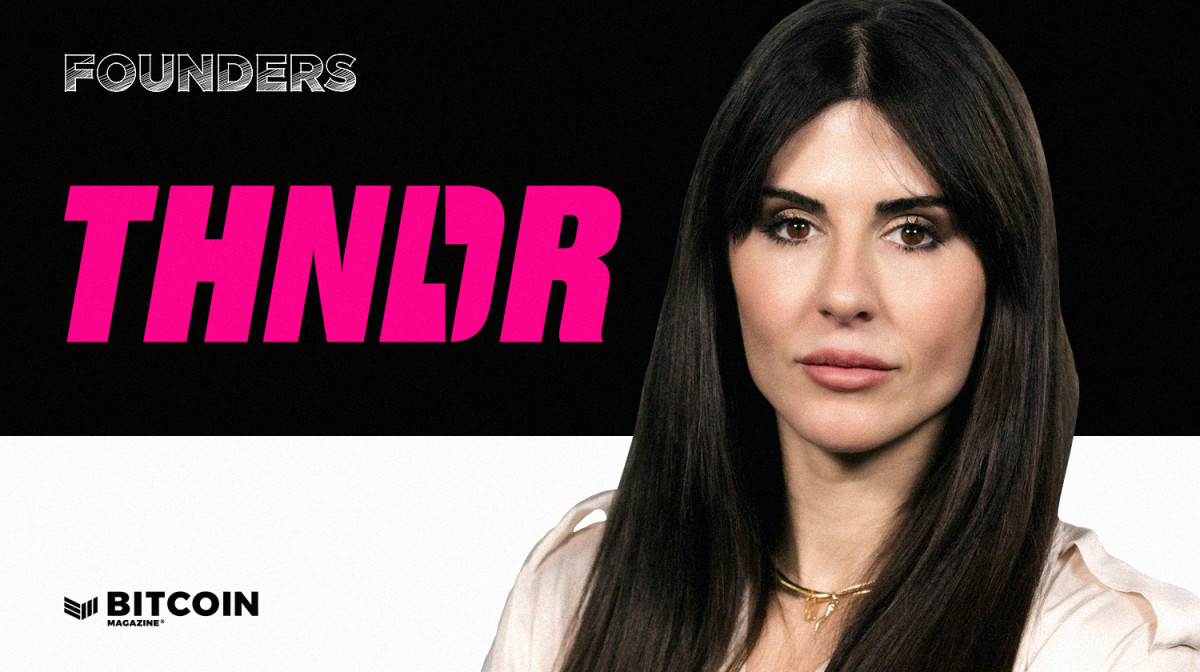

Company Name: THNDR Games
Founder: Desiree Dickerson, Jack Everitt, Greg Flor and Rafal Gawel
Date Founded: Originally founded in 2019 | Re-launched in 2021
Location of Headquarters: London, UK with remote team members
Amount of Bitcoin Held in Treasury: “Not enough” (said Dickerson jokingly)
Number of Employees: 6
Website: https://www.thndr.games/
Public or Private? Private
Desiree Dickerson believes that games are a powerful way to onboard people to Bitcoin.
She posits that, in recent history, games have been used to get people accustomed to using new technologies.
“They put games on the original PCs to get users familiar with a mouse,” Dickerson told Bitcoin Magazine.
“This is similar to Snake and Nokia,” she added, explaining that the game Snake was added to early Nokia feature phones “to get users familiar with the Nokia handset.”
Dickerson sees games playing a similar role when it comes to getting people used to using bitcoin on the Lightning Network.
This is why, in 2021, she helped launch a revamped version of THNDR Games, a company that has developed a suite of mobile games through which users can win sats just for playing.
And she was the perfect person for the job considering both her background as both a gamer and her experience in working with the Lightning Network.
Dickerson’s History With Gaming And Lightning
Dickerson has been gaming since she was a child.
“I grew up gaming with my dad,” she recounted. “He had NES, and I grew up playing Duck Hunt with him.”
While she’s been exposed to a variety of different games over the course of her life, as her dad had “every single gaming console,” she said that she currently thinks of herself as a “cozy gamer” and that she isn’t into more consuming (and frightening) games like HALO.
“It just has to be absolutely mindless like picking weeds in Animal Crossing,” said Dickerson with a chuckle of her current gaming preferences.
Not only does Dickerson have a long history with gaming, but she’s also been involved with the Lightning Network since just about its inception.
She began working at Lightning Labs in June 2018 and stayed there for three years before starting at THNDR Games.
Dickerson met THNDR’s original founder, Jack Everitt, while she was still at Lightning Labs. She’d come to the realization that gaming was a way to spread bitcoin, and Everitt, a gaming developer, was already hard at work developing THNDR.
The two started working together on a project called MintGox (a play on the defunct Bitcoin exchange Mt. Gox) in which they showcased what companies like ZBD, Satoshi’s Games and Donner Lab were building in the Bitcoin gaming space.
By October 2021, Dickerson was CEO at THNDR.
Building THNDR Games
In the following years, THNDR rolled out 6 games, all of which were more akin to cozy games than they were to extended-play first-person shooters or other types of games that required more prolonged involvement.
These games included Club Bitcoin: Solitaire, a classic Solitaire game; Tetro Tiles, a combination of sudoku and tetris; and Bitcoin Snake, a version of the aforementioned Snake.
By September 2022, Club Bitcoin: Solitaire was the 21st (the numerical significance of which wasn’t lost on the THNDR team) most downloaded app in the Apple App Store.
Lucky number 21!🤩
#21 in the App Store⚰️
NUMER 21!
Thank you to our community & new friends who downloaded Club Bitcoin: Solitaire♣️
This is just the beginning. Now it's time to help us bring #bitcoin to everyone you know.
Copy, paste, send, repeat:https://t.co/WvPTIDWLL6 pic.twitter.com/LqED2MWEWN
— THNDR (@THNDRGAMES) September 21, 2022
In October 2023, River’s Lightning Network report highlighted the fact that THNDR was responsible for 3% of the Lightning Network’s transaction growth.
Even with this success, though, Dickerson and the team at THNDR still worried that it might not be enough to make the business as profitable as they wanted it to be.
“I think the problem that we saw was that we’d launched these mobile games and they were semi-successful, but does this really scale as a venture-backed company?” Dickerson shared.
“We started thinking ‘Hey, we’ve created this new genre of Bitcoin reward games, but does it really solve a problem?’” she added.
While pondering these questions, Dickerson and the THNDR team looked to the broader online gaming space and found a dimension of it that was ripe for disruption.
Gambling and Skill-Based Wagering: Clinch and THNDR’s Next Frontier
In their research, Dickerson and the THNDR team found that the payment system for virtual casinos and online sports betting was antiquated and full of friction.
“Payments in those spaces is just completely broken,” explained Dickerson. “There are super-slow withdrawals, high fees and not a lot of flexibility with buy-in and withdrawal thresholds — and Bitcoin solves that.”
So, THNDR shifted its focus to developing a system that employed the Lightning Network’s near instant settlement time as well as its ability to process microtransactions in efforts to solve the payment problems it had discovered.
In October 2023, THNDR launched Clinch, an API that facilitates instantaneous, borderless, low-fee, and peer-to-peer wagering on Lightning. Using Clinch, online casinos, sports books and competitive gaming platforms could level up their payment systems.
THNDR also built its own skill-based wagering version of Solitaire that lets users bet notable sums of money.
“You couldn’t become a millionaire playing our [original] Solitaire game, but you can now if you start doing the skill-based wagering,” said Dickerson (not necessarily encouraging users to bet more than they can afford to lose).
“85% of our users actually requested it, and it really uncaps the monetization potential of not just Solitaire, but a suite of different games,” she added.
(To provide some context for just how much monetization potential it unlocks, Dickerson shared that the most successful company with a skill-based Solitaire game makes $25 million per month from that one game alone.)
THNDR is also looking beyond the business-to-customer (BSC) model, as it works to create white label solutions — pre-built products that a company develops and then sells to another company which then uses the product under its own name — especially for sports betting platforms.
“It’s an engagement and retention tool specifically for sports betting because, in between matches, users just leave the app because it’s like, ‘Okay, this game’s not gonna be finished for like another two hours. I’m just gonna close the app. There’s nothing to do,’” explained Dickerson. “They wanna keep people in the app and keep them betting on more things.”
Beyond Bitcoin
The team at THNDR is also looking at which other assets they can use within games.
“We’d love to explore Taproot assets or other assets and like stablecoins,” Dickerson told me.
However, don’t expect to see THNDR employing tether (USDT) on Tron anytime soon.
“Users don’t actually need to see the Bitcoin piece,” began Dickerson.
“They can bet in fiat or USD, and it all happens on Bitcoin. I’d love to expose them to bitcoin, but it’s really the properties of Bitcoin that are solving the payment issues in sports betting and skill-based wagering,” she explained.
With that said, Dickerson and the team at THNDR have hardly become fiat maximalists. They’re Bitcoiners at heart and one particular element of THNDR’s design proves it.
Disappearing Sats — For Your Own Good
Dickerson said that many THNDR users end up going down the proverbial Bitcoin rabbit hole, in part because THNDR prompts them to.
“We have a three day expiration on prizes, and if you don’t cash those prizes out, you lose them,” said Dickerson.
“You have to download a [Lightning] wallet if you want your prizes. We are getting people partially down the rabbit hole where they’re getting a wallet on their phones. This is a big step, because 80% of our users are totally new to Bitcoin,” she added.
Dickerson added that THNDR will happily refund sats to those who’ve had theirs expire. She mentioned that users can contact THNDR to make this request.
With that said, she also noted that THNDR could have very easily written into the terms and conditions of its service that the sats that disappear after three days are gone forever. The reason it doesn’t, though, is because it wants its users to learn how Bitcoin and Lightning actually work, not just maximize profits.
“We just want people to cash out and have the sats for themselves,” said Dickerson. “That’s not a business move — it’s a Bitcoiner move.”
Source link
gaming
This Week in Crypto Games: ‘Pixels’ Chapter 2, Konami on Avalanche, Telegram Gaming Boom
Published
1 week agoon
June 23, 2024By
admin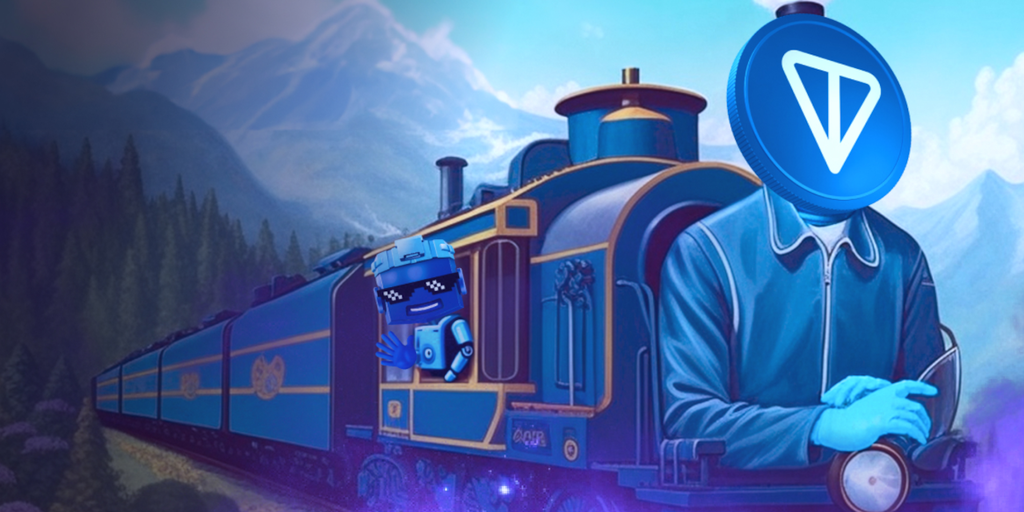
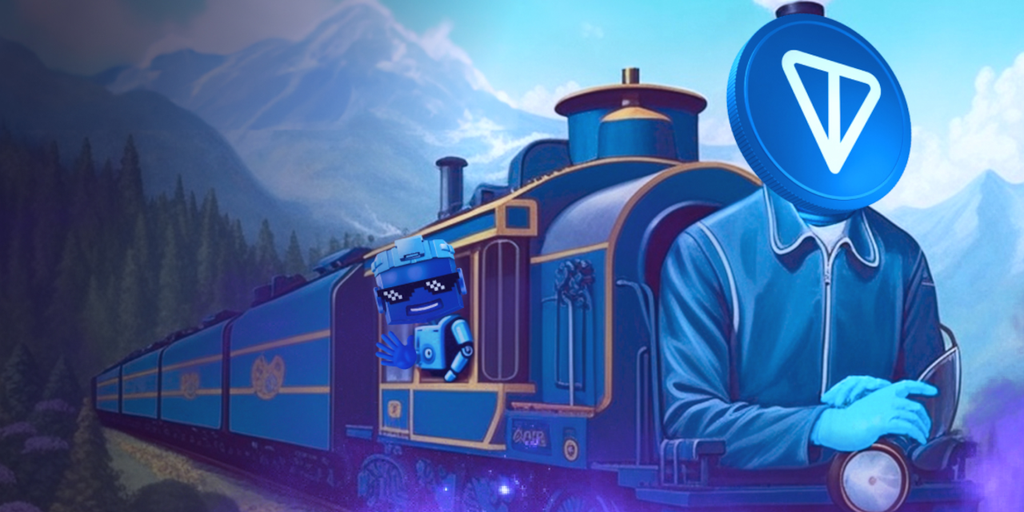
The crypto and NFT gaming space is busier than ever lately, what with prominent games starting to release, token airdrops piling up, and a seemingly constant array of other things happening at all times. It’s a lot to take in!
Luckily, Decrypt’s GG is all over it. And if you need a quick way to get caught up on the latest moves around crypto video games, we’re happy to present This Week in Crypto Games.
Our weekend roundup serves up the biggest news from the past week, along with a few other tidbits you might have missed. We also showcase a few of our original stories from the week.
Biggest news
Pixels Chapter 2: Ronin-based farming game Pixels has just launched its big Chapter 2 update, which sees new systems implemented to help bolster the game’s sustainability. The team claims that the update isn’t a complete reskin and requires the player to “peel back the layers” to discover a “whole new game.”
Chapter 2 sees changes to resource collection and crafting, and introduces a new resource tiering system. Additionally, tools have different tiers akin to Minecraft and will lose durability overtime. Free-to-play land has also received a small rework which aims to help non-paying players to progress easier.
We spoke with Pixels founder Luke Barwikowski about the intention behind the update and how his studio underwent a brief identity crisis following the game’s smash success, as he ultimately fought back the urge to “professionalize” and go slower.
Konami NFT Platform: Konami Digital Entertainment—the Japanese gaming giant behind franchises like Metal Gear Solid, Silent Hill, and Castlevania—announced Thursday that it will launch an NFT platform called Resella on the Avalanche blockchain.
This platform aims to make it easier for companies to integrate blockchain technology and issue NFTs, both for games and other types of applications. According to Konami, Resella eliminates the need for users to open an external crypto wallet or handle cryptocurrency at all. It will be targeted for Japanese domestic users, but plans to also accommodate global users.
Telegram boom: If you’ve been following our coverage lately, then you’ve surely noted the rapidly growing pile of Telegram-based games pulling in millions of players with promises of token rewards. It started with Notcoin earlier this year, but recent game Hamster Kombat has purportedly reached over 150 million players—and several more games are popping up.
We’ve started expanding our coverage into some of those other titles, including Pixelverse’s PixelTap, Yescoin, TapSwap, and Catizen, with more to come around those games and other emerging crypto titles on Telegram.
OpenSeason airdrop: The creators of the Fortnite-like Ethereum game OpenSeason launched their token airdrop last week. Holders of the Fractional Uprising Studios NFT—which is currently required to play the game—started to receive tokens on Tuesday afternoon.
The FU token (short for FU Money) on Arbitrum, an Ethereum layer-2 scaling network, is now valued above an $11 million market capitalization, according to CoinGecko. Through the airdrop, 10% of the token’s total supply was automatically sent to NFT holders based on three previous ownership snapshots.
ICYMI
- Farworld Labs, a protocol building on Farcaster, raised $1.75 million for Web3 mobile gaming ecosystem.
- Ethereum mech shooter MetalCore announced it will launch its MCG token through Bybit.
- Time.fun, an interesting take on SocialFi that allows you to invest in time with influencers, launched last week.
- Heroes of Mavia, a crypto-tinged Clash of Clans clone, announced that it aims to integrate its MAVIA token into its gameplay loop with a new set of features.
- Ethereum sidechain Ronin announced that will offer the ability for developers to deploy dedicated layer-2 chains.
GG spotlight
Here are a few of our original stories from this past week that we think are well worth a weekend read:
Edited by Andrew Hayward
GG Newsletter
Get the latest web3 gaming news, hear directly from gaming studios and influencers covering the space, and receive power-ups from our partners.
Source link

Bitcoin Weekend Trading Volumes Plunge To Record Lows

Exclusive: Savl’s COO on new frontiers of KYC

Binance Warns Of Delisting These Tokens, Price Drop Ahead?

Top cryptocurrencies to watch this week: MOG, KAS, FET

CurveDAO (CRV) Nears All-Time Low Following Whale Deposit to Binance: On-Chain Data

Japanese Tech Giant Sony Enters Crypto Exchange Business With This Acquisition

Bitcoin ATM installations reach 38k, below the all-time high

Mark Cuban and ChatGPT Predicts Best Pick

This Week in Crypto Games: Dr. Disrespect Dumped, Pixelverse and Catizen Tokens, Notcoin ‘Fresh Start’

June sales drop 47% but there are more buyers and sellers

Toncoin Whales Just Started Buying This Coin; Is $10 Next?

SEC Sues Consensys Over MetaMask Staking, Broker Allegations

Cryptocurrency after the European Union’s MiCA regulation

Charles Hoskinson Flags Major Ongoing AI Censorship Trend

Catch up on Render and BNB price spike; enhance wallets with top analyst pick

Bitcoin Dropped Below 2017 All-Time-High but Could Sellers be Getting Exhausted? – Blockchain News, Opinion, TV and Jobs

What does the Coinbase Premium Gap Tell us about Investor Activity? – Blockchain News, Opinion, TV and Jobs
BNM DAO Token Airdrop
A String of 200 ‘Sleeping Bitcoins’ From 2010 Worth $4.27 Million Moved on Friday

NFT Sector Keeps Developing – Number of Unique Ethereum NFT Traders Surged 276% in 2022 – Blockchain News, Opinion, TV and Jobs
New Minting Services

Block News Media Live Stream

SEC’s Chairman Gensler Takes Aggressive Stance on Tokens – Blockchain News, Opinion, TV and Jobs

Friends or Enemies? – Blockchain News, Opinion, TV and Jobs

Enjoy frictionless crypto purchases with Apple Pay and Google Pay | by Jim | @blockchain | Jun, 2022

Block News Media Live Stream

How Web3 can prevent Hollywood strikes

Block News Media Live Stream

XRP Explodes With 1,300% Surge In Trading Volume As crypto Exchanges Jump On Board

Block News Media Live Stream
Trending

 Altcoins2 years ago
Altcoins2 years agoBitcoin Dropped Below 2017 All-Time-High but Could Sellers be Getting Exhausted? – Blockchain News, Opinion, TV and Jobs

 Binance2 years ago
Binance2 years agoWhat does the Coinbase Premium Gap Tell us about Investor Activity? – Blockchain News, Opinion, TV and Jobs
- Uncategorized3 years ago
BNM DAO Token Airdrop

 Bitcoin miners2 years ago
Bitcoin miners2 years agoA String of 200 ‘Sleeping Bitcoins’ From 2010 Worth $4.27 Million Moved on Friday
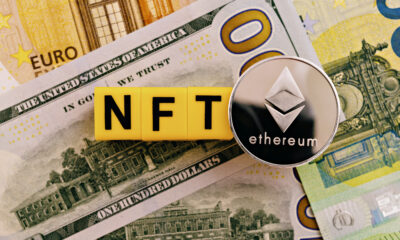
 BTC1 year ago
BTC1 year agoNFT Sector Keeps Developing – Number of Unique Ethereum NFT Traders Surged 276% in 2022 – Blockchain News, Opinion, TV and Jobs
- Uncategorized3 years ago
New Minting Services

 Video2 years ago
Video2 years agoBlock News Media Live Stream

 Bitcoin1 year ago
Bitcoin1 year agoSEC’s Chairman Gensler Takes Aggressive Stance on Tokens – Blockchain News, Opinion, TV and Jobs
